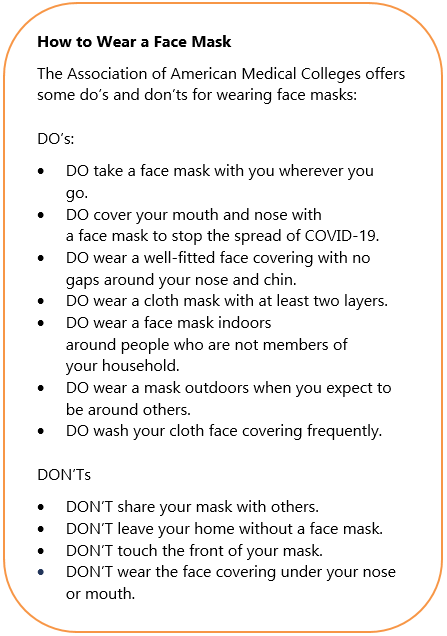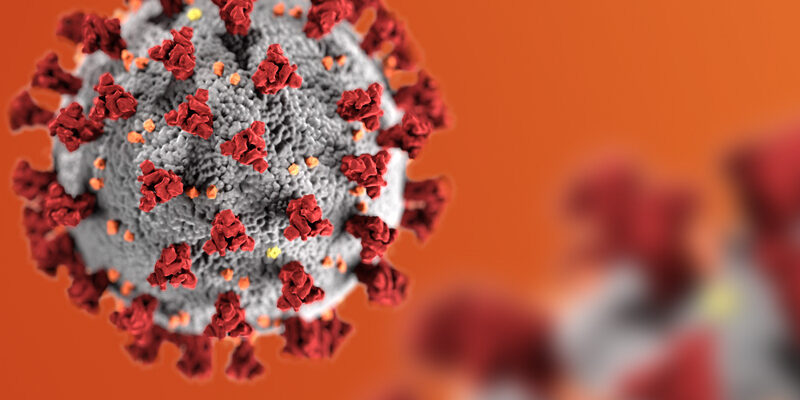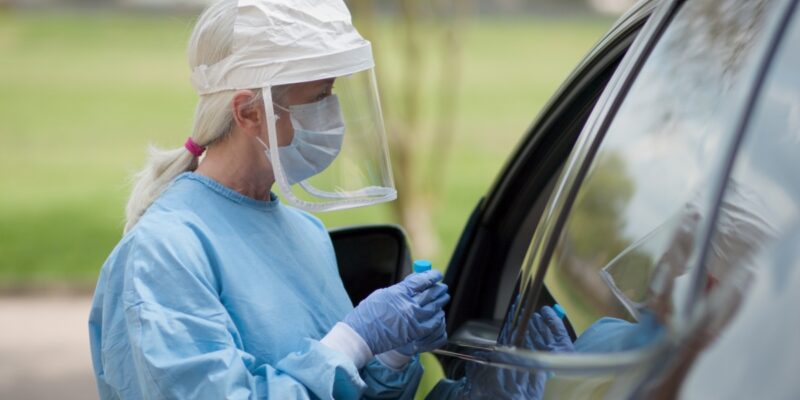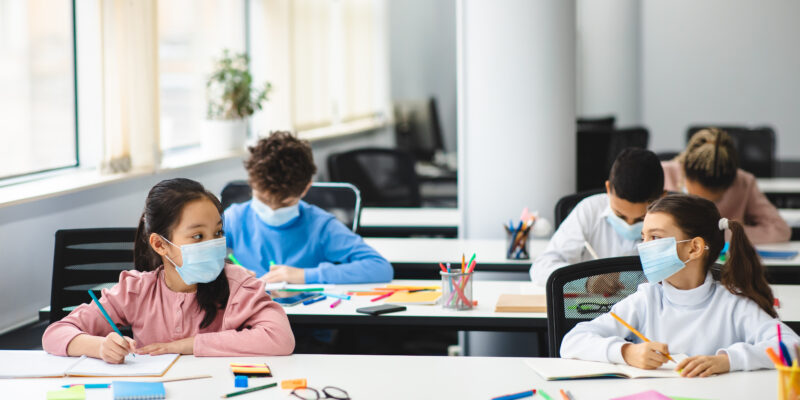Types of Face Masks
 Surgical, N95 and cloth masks are the most common types of face masks.
Surgical, N95 and cloth masks are the most common types of face masks.
Surgical Masks
Also referred to as medical masks, surgical masks are loose-fitting disposable masks that protect the wearer’s nose and mouth from contact with droplets, splashes and sprays that may contain germs. Medical masks also filter out large particles in the air.
Medical masks also protect others by reducing exposure to the saliva and respiratory secretions of the mask wearer. These masks may provide some protection when N95 masks are not available.
Disposable medical masks can also be made of polystyrene, polycarbonate, polyethylene or polyester.
N95 Masks
N95 masks are a type of respirator and typically offer more protection than surgical masks because they can filter out large and small particles.
They are designed to block around 95 percent of very small particles and are made from a flexible non-woven polypropylene fiber.
Cloth Masks
Cloth masks can trap droplets released when the wearer talks, coughs or sneezes. These masks can help reduce the spread of COVID-19—especially when widely used by people in public settings. Placing a paper product like a paper towel or coffee filter between the fabric layers of your mask can add additional filtration (the paper product should be discarded after each use). Additionally, the CDC suggests that people consider doubling up and wearing a disposable mask under a cloth mask for additional protection.
MIT Medical recommends that at a minimum, the weave of a face mask’s material should be tight enough to prevent individual fibers from being seen when the mask is held up to a light.
Mask Innovations
Scientist are currently working on developing a new type of mask that can help trap and destroy viruses. The innovation may be a reusable layer coated with a salt formula that will recrystallize as droplets on the mask dry, or a sticker-like product that can be added to face masks to interact with droplets and disrupt the virus’s structure.
What Else Can You Do to Help Stop the Spread?
Additional precautions you can take to protect yourself and help stop the spread of COVID-19 include:
- Ensuring your mask fits properly and covers your nose, mouth and chin;
- Knowing what to look for when you buy a face mask;
- Practicing hand hygiene by washing your hands regularly to remove germs;
- Social distancing by staying at least 6 feet away from those who don’t live in your home; and
- Spending less time in public places, especially indoors.
More Information about Face Masks
For more information about the science, history and the benefits of using face masks, visit these resources:
The science behind wearing a face mask and why it’s important (video)
Use Masks to Slow the Spread of COVID-19
How Wearing A Face Mask Helps Stop The Spread Of Covid-19
The University of California San Francisco explains the science behind how face masks prevent the spread of the coronavirus, highlighting laboratory studies of respiratory droplets and the ability of various masks to block them. Using high-speed video found that hundreds of droplets were generated when saying a simple phrase, but that almost all of the droplets were blocked when the mouth was covered by a damp washcloth. A second study found that those wearing surgical masks significantly reduced the amount of respiratory viruses emitted in droplets and aerosols.






